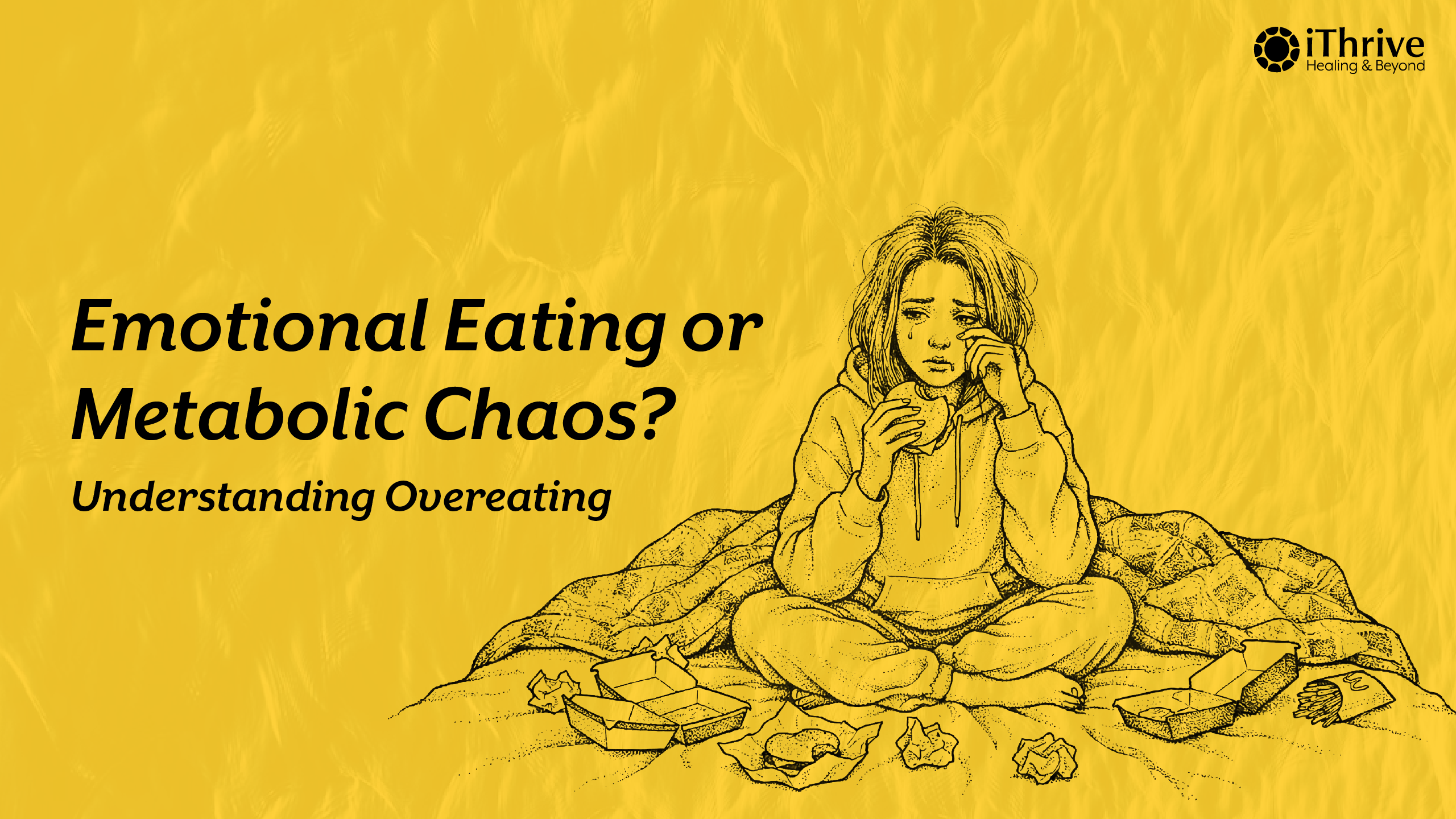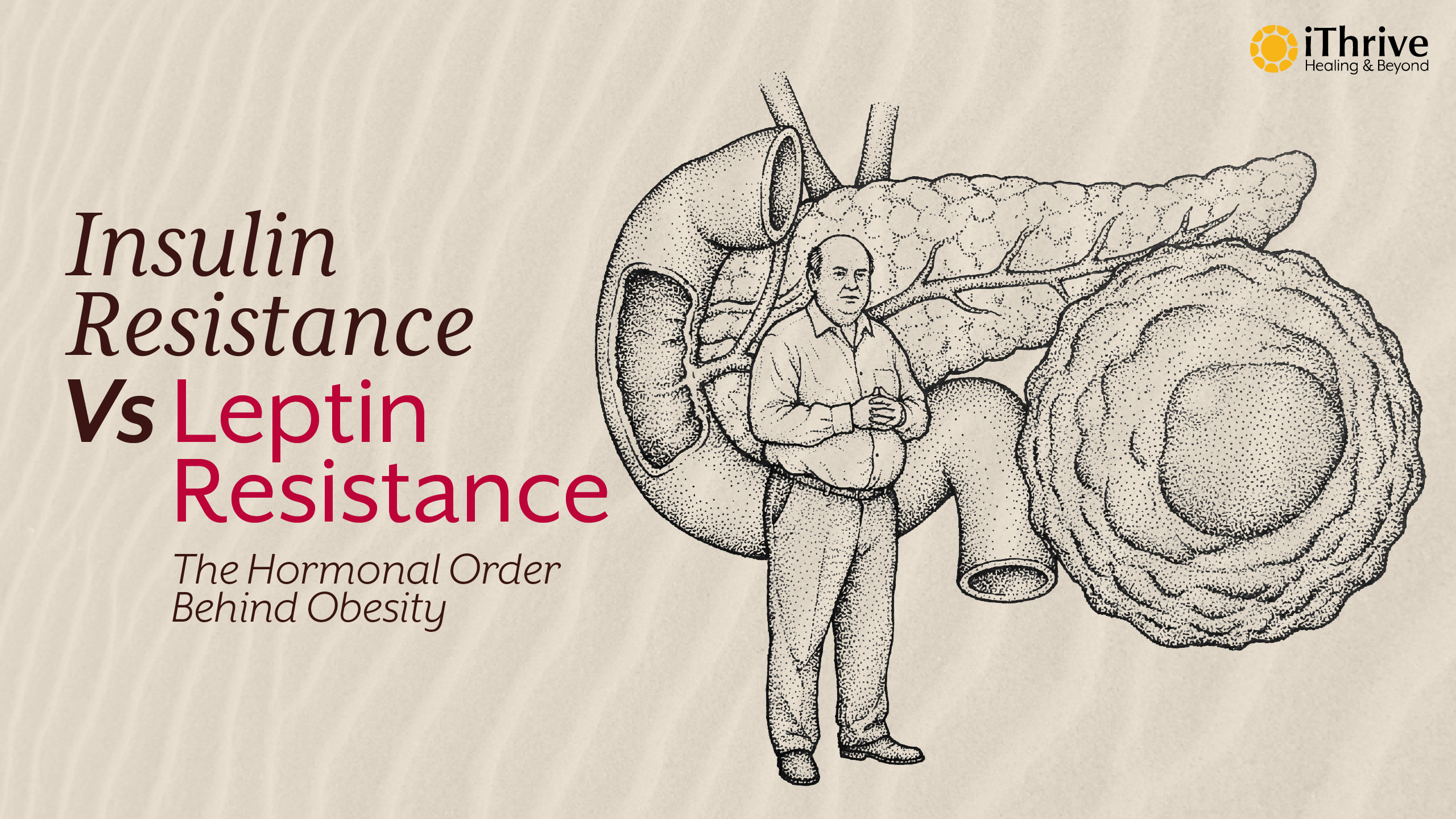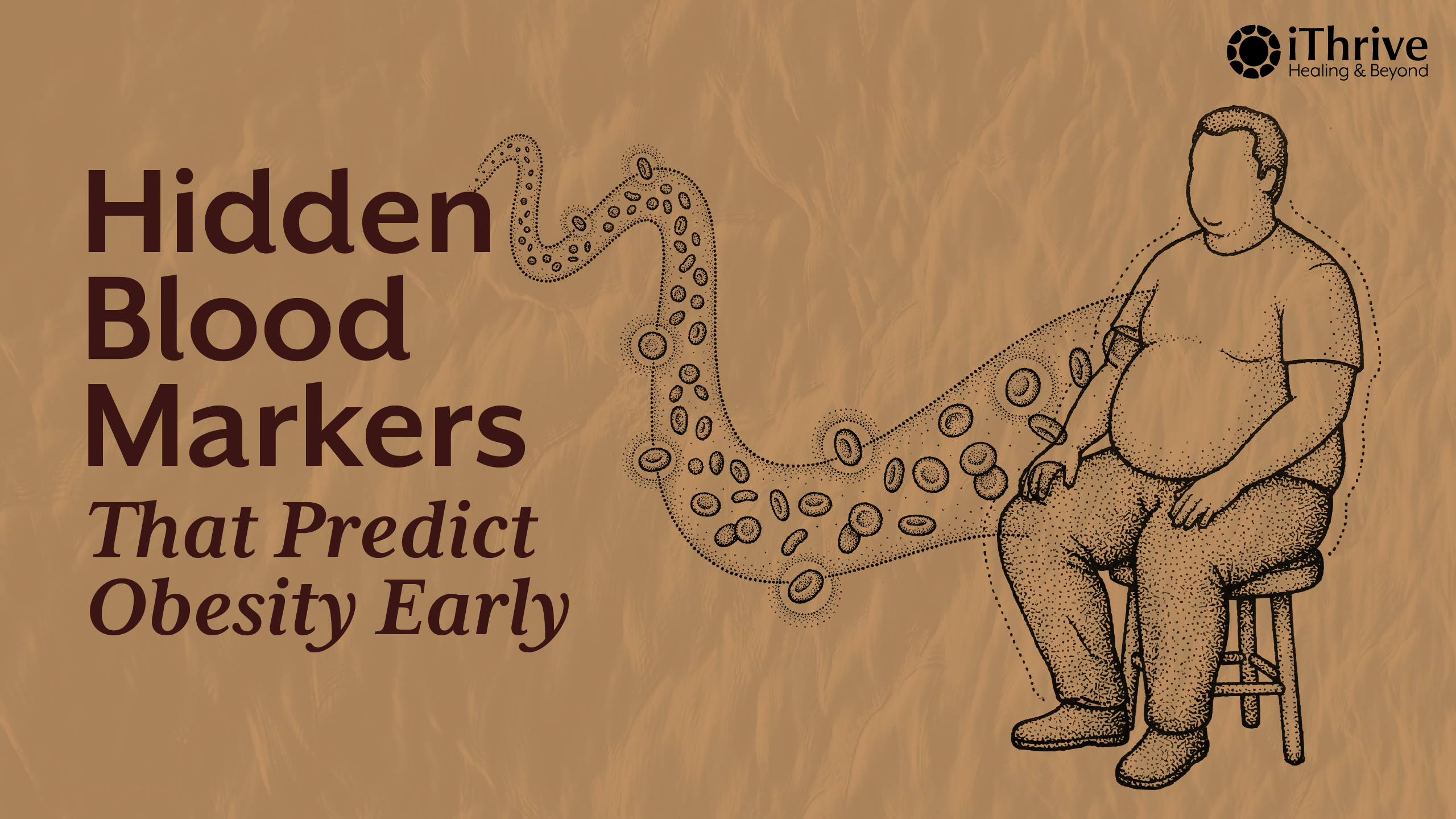What is Thiamine?
Thiamine, also known as Vitamin B1 is an essential nutrient that plays a vital role in the body's metabolism and function of the Central Nervous System (CNS).
One of Thiamine’s primary function is extracting energy from carbohydrates received from food. This is why people who are thiamine deficient function well on low-carb diets, because low-carb diets present low thiamine requirements.
Specific items like fast food, sugar, tea, coffee, alcohol make the body Thiamine-depleted due to absorption by the gut.
Vitamin B1 or Thiamine deficiency is called as ‘BeriBeri’ which can have serious consequences if left untreated, including changes in mental function, damage to the nervous system, and even heart failure
Thiamine Deficiency
Thiamine Deficiency or Beriberi’s first notable mention has been recorded in Japan. The Japanese have been eating brown rice as their staple food for centuries. During the early 19th century’s industrial revolution, people started eating polished rice instead of the original brown rice and by mid-1850’s, white rice was common food.
Soon people started to experience weird cardiovascular, neurological and gastrointestinal symptoms.
This was Beriberi
The reason Japanese developed Beriberi is because while polishing and processing rice, they were essentially removing most of its Vitamin B content and hence making the people thiamine deficient.
The symptoms of thiamine deficiency can vary depending on the severity of the deficiency and the body's tissues that are affected. In the early stages, symptoms may include fatigue, muscle weakness, and irritability.
Symptoms of Thiamine Deficiency:
- Peripheral neuropathy
- Weakness
- Numbness
- Pain, or tingling in the hands and feet
- Impairment of reflexes, with or without cardiovascular signs that include enlarged heart
- Elevated heart rate (tachycardia) and cardiac output, and congestive heart failure.
- Weakness, paralysis, or disordered movement in the muscles around the muscles of the eye- ocular palsies, ophthalmoplegia, nystagmus, ataxia (loss of full control over body movements), irritability, confusion, often with peripheral neuropathy
- Korsakoff’s Psychosis. Amnesia, confabulation (fabricated, distorted, or misinterpreted memories), decreased spontaneity and initiative.
Very severe thiamine deficiency may cause seizures, paralysis, and death. Tragically, severe thiamin deficiency is underdiagnosed in emergency medicine and often diagnosed at autopsy.
Poor glucose tolerance may occur in less severe thiamin deficits. Less well established but plausible signs and symptoms include improvements in energy or neurological health on a low-carbohydrate diet, low levels of neurotransmitters, and apparent deficiencies of folate and vitamin K that do not respond well to dietary or supplemental corrections. Insomnia, Loss of appetite, vague headache, altered glucose regulation.
How To Treat Thiamine Deficiency
Thiamine is found in a variety of foods like nuts, grains and meats. The most common route to fixing thiamine deficiency is supplementation, which are typically taken orally. In severe cases, thiamine may be given intravenously. But there’s a problem, the dosage recommended by a practitioner is nowhere near to what’s required to have a therapeutic effect.
The average Thiamine we get from food is somewhere between 1-1.5 milligrams a day. And the average Thiamine content in multivitamin supplements is about 100mg.
In order to have a therapeutic effect, a person is supposed to have a 1000mg dose a day which is way beyond what any supplement can achieve.
Now there are multiple variables here like different forms of Thiamine and different genetic dispositions. This is why you must consult a functional nutritionist so that your protocol is made considering the many variables of your lifestyle.
Subscribe to our newsletter and receive a selection of cool articles every week





.png)


.webp)

.jpg)
.jpg)










